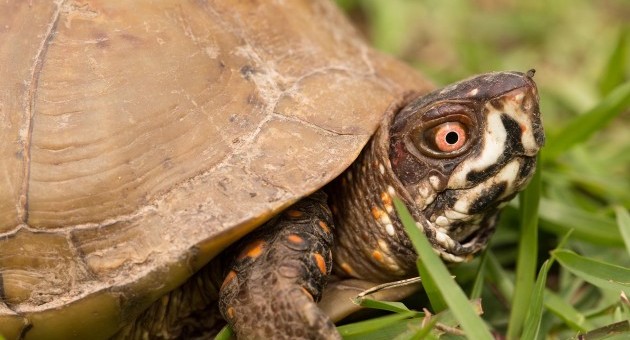
FWS scraps restrictive guidelines
The US Fish and Wildlife Service announced on October 12 that the agency would not issue new guidelines for field trials held on public land and would instead revert to the policy outlined in the FWS manual.
Following an audit of lands managed with federal funds, concern about damage to wildlife habitat and pressure from environmentalists resulted in reclassification of field trials as secondary (and thus, unlike hunting, prohibitable) uses of land purchased and maintained with federal money. Field trial clubs, the American Kennel Club, and the Wildlife Legislative Fund of America met with FWS officials and convinced them to revert to the current rules that allow field trials that do not adversely impact wildlife and wildlife habitat or involve the building of permanent structures on public land.
Field trials are competitions for hounds and sporting dogs used to hunt waterfowl, upland game birds, rabbits, and raccoons. Some field trial participants compete for titles and do not hunt; others use the trials to compare their dogs’ skills with others and to enjoy a day in the field.
Many field trials take place on state lands that are maintained in part through federal grants from gun and ammunition taxes paid by sportsmen. The FWS manual approved in 1992 considers field trials as wildlife-oriented recreation to “encourage practices and techniques which enhance the tradition and quality of the hunting experience” that is suitable for public lands as long as the sponsoring organization ...
- Obtains a permit, pays any applicable fees, and agrees to abide by these regulations;
- Agrees not to erect permanent facilities and to remove portable facilities from the grounds at the end of the trial;
- Minimizes conflicts with wildlife; and
- Provides live or dead target birds of native or established exotic species for the trial. Live birds must be free of Botulism (Type C); Avian Cholera; Duck Plague (Duck Virus Enteritis); and Aspergillosis.
The types of field trials allowed on public lands funded with federal dollars are:
Retriever Trials: Generally, one or more land and water tests are set up in retriever trials using dummies (floats similar to boat bumper guards), dead ducks, or live, shackled ducks, pheasants, or pigeons to be retrieved by the dogs. The trial sites typically include water areas with a variety of cover, and field areas with different heights and density of vegetation. Often, it is desirable to have a field mowed or an entry into the water cleared to create ideal conditions. Retriever field trials involve shooting, and the sites for the various age classes should not be so close together that the noise from one event distracts dogs participating in others.
Hound Trials: Hound trials often require considerable space. Raccoon trials are conducted at night and involve a ‘cast’ being made by a dog, hunter, and judge. In this test the dog races against the clock in vociferous location and treeing of a raccoon. The animal is not killed in the process and firearms are not a part of the test. Beagle trials vary with locality in the way they are conducted and may involve one dog or a pack of dogs competing in a brace.
Bird Dog Trials: Bird dog trials include breeds such as English Setters, Irish Setters, Pointers, Brittanys, Springer Spaniels, German Shorthaired Pointers and Weimaraners. The trials may involve a shooter, judge, and the use of pen-reared quail, pigeons, or pheasants. The dogs compete on a circuit that may encompass up to three hundred acres.
 |
Like this article? Don’t forget to share, like or follow us |
 |
NAIA WEEKLY ROUNDUP
FEATURED & LATEST ARTICLES
GET THE NAIA WEEKLY ROUNDUP VIA EMAIL FOR FREE
Stay Connected with The NAIA: Sign Up for The Weekly Roundup
Join our FREE newsletter and community of animal advocates and receive The NAIA Weekly Roundup straight to your inbox. Stay in the loop with the latest news, events, and ways you can make a difference in the lives of animals. Sign up now to stay informed to create positive change!
Sign Up



 A Question of Neglect, A Legendary Primatologist Passes Away, and More!
A Question of Neglect, A Legendary Primatologist Passes Away, and More!
 Shelter Spay Pushback, A Contentious Ostrich Cull, and More!
Shelter Spay Pushback, A Contentious Ostrich Cull, and More!
 Bad Dog Stories, Goodbye Cephalopod, and More!
Bad Dog Stories, Goodbye Cephalopod, and More!
 A Conference Call for You, A Fallen Elephant, and More!
A Conference Call for You, A Fallen Elephant, and More!


